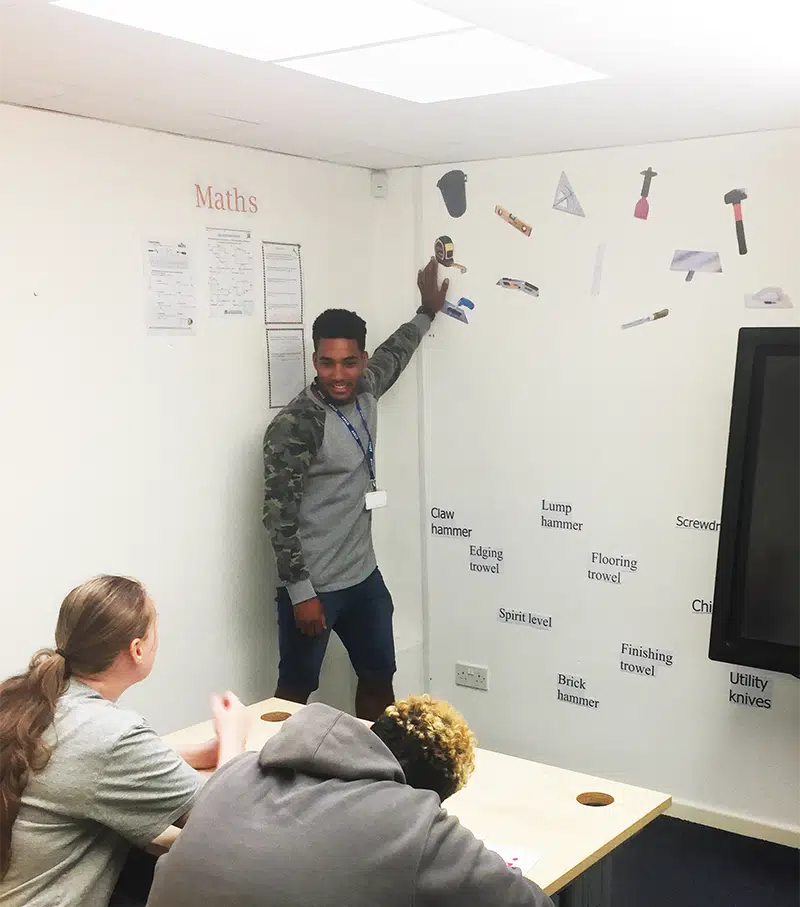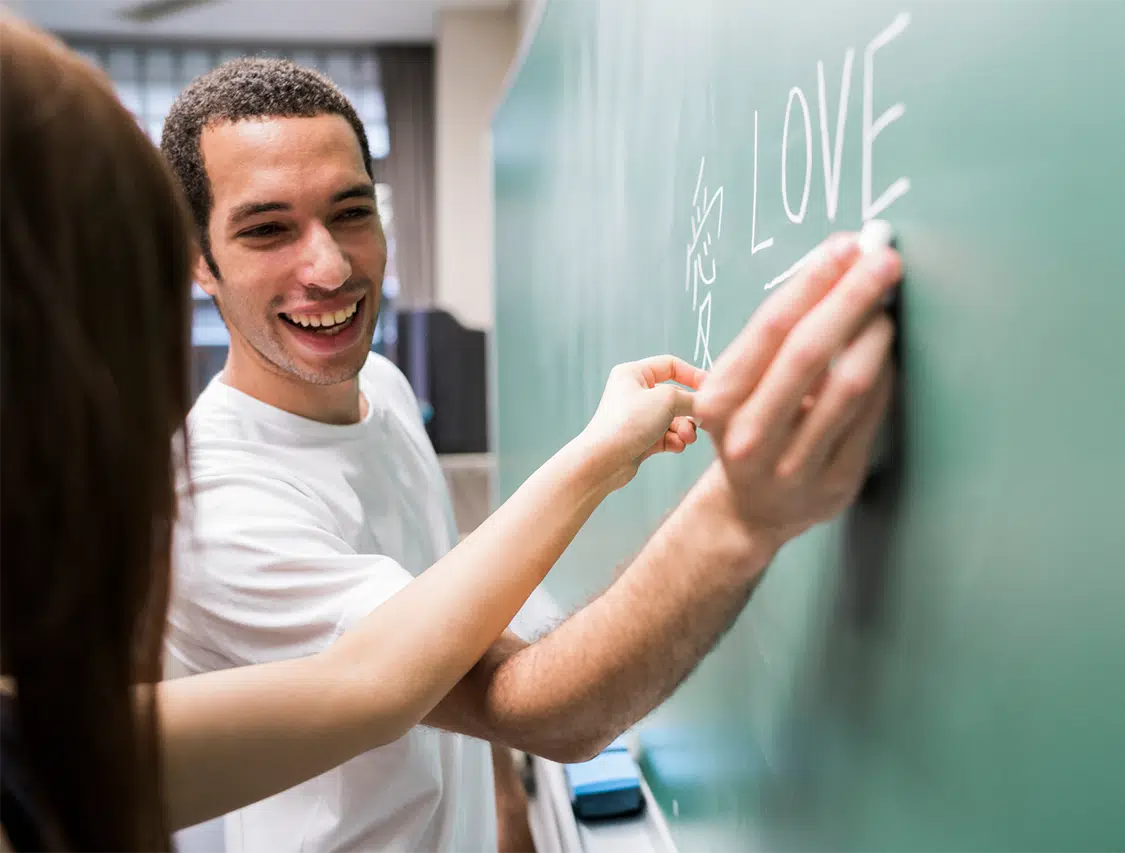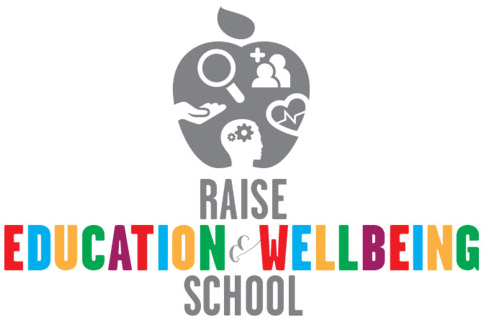School Ethos Statement
We at Raise believe in, and endeavour to fully implement, the following principles, laws, values, and practices; first in the best interests of our primary stakeholders – pupils and students – and then all other stakeholders.
1. Children first
It’s in our name to Raise the Youth. The child’s welfare is paramount and we promote their wellbeing.
Children Act 1989 (welfare principle); Children Act 2004 (definition of wellbeing); Children and Families Act 2014 (SEND Code of Practice/EHCP/Person Centred approach)

2. Person-centred approach
Service users are placed at the centre and treated as a person first – with dignity, compassion and respect. Carl Rogers, 1940-1987
Click to read more
We focus on the person and what they can do – their strengths and realistic agreed expectations and outcomes – not their condition, disability or what their peers may be able to achieve or do.
3. Passion, commitment, integrity and high standards for teaching
We provide a quality education, with the freedom to teach, all the while meeting needs and supporting aspirations to encourage learning for life.
Click to read more
What we teach our students, ourselves and each other stays with us all forever. We support and enable students’ learning, progress and personal development, along with our teams’ personal and professional development, allowing us all to progress in our lives.
Teachers standards 2011, Teaching assistant standards 2014, Making effective use of TAs 2015, National standards of excellence for headteachers 2015, Post threshold teaching standards 2019, UNICEF – Defining Quality in Education

4. Trauma and mental-health informed
We apply a psychological and physiological knowledge base and best practice principles to ensure young people feel safe, are safe, and settled down to learn and work together with us and each other.
Click to read more
We understand and value:
- Mechanisms of mind and body (thoughts, feelings, urges, body sensations, and actions).
- Psychological and physiological aspects of how our environment, interpersonal interactions and perceptions influence how we feel, are, react or respond.
- That people need to feel safe and be safe to be settled down to learn and work together in mutually beneficial ways.
- That how we treat each other, communicate with each other, and act and interact around each other matters.
We apply our knowledge base, values, skills, best practice, and that of being trauma and mental-health informed by the implementation of our TMHI, Relationships Policy, Safeguarding Policy, Staff Conduct Policy, Behaviour Policy, Health & Safety Policy and other related polices.
This will enable us as a whole school/organisation to promote everyone’s wellbeing together, which will impact on everyone’s overall effectiveness.
Affective Neuroscience, Dr Panksepp, 1998; ACEs, Anda, Felitti et al, 1997; PACE & Attachment, Dr Dan Hughes, 2017, Dr Margot Sunderland (founder of TISUK).
5. Equality, fairness, and diversity
We work within all legislative frameworks including the Equalities Act (2010). We value diversity and do not discriminate on any grounds including gender, religious beliefs (non-beliefs), sexual orientation, race or ethnicity.
6. Restorative and reflective culture
We are a compassionate learning and developmental organisation with a team who support one another when decisions, plans or events don’t go as intended.
Click to read more
It is safe to acknowledge genuine mistakes and share what went wrong in order to solve problems and make things right. We are honest with people and work co-operatively with each other to restore any harm caused – we are all human with feelings.
When managing disunity our first step is to speak directly with colleagues. If this does not solve the issue we seek a mediator (skilled colleague, manager and/or member of our Business Support Team). If this does not achieve the desired impact and outcome, we refer the matter to HR.
This does not contravene our shared ethos, polices, and statutory legislation around keeping children and young people safe in education and the suitability of staff and supply staff. If anyone breaches these policies and procedures or acts in illegal and or unsafe ways, the company will follow safeguarding procedures always – as our philosophy is ‘not on our watch’. We keep children, young people, staff, and members of the public safe and protect them and respond following the law, procedures and best practice.
Mark Yantzi, 1974, Howard Zehr, 1990.

Click to read more
We are not only outstanding as a provider, we are a company of excellence that shines across the country and leads the way – to Raise the Youth and invest in the future!
Social value is the quantification of the relative importance that people place on the changes they experience in their lives. Some, but not all, of this value is captured in market prices. It is important we consider and measure this social value from the perspective of those affected by an organisation’s work.
8. Mindful organisation
We encourage intention, attention, positive attitudes, kindness, compassion, practice and development of the awareness of self and others.
Click to read more
Self-reflection and 360 Degree Feedback enable the consideration that we live in a relational and social world and that our behaviour, actions and words have meaningful impact on others. To realise this we must also consider that the actions of others impact on ourselves.
If a young person or member of staff encounters a pressurised situation then (if not an emergency) we encourage them to: take some time to respond rather than react (self and / or co-regulation); accept the invitation to take time to breathe, be present and engage in a short practice, e.g. three-minute breathing space or .b to prepare for meetings, communication with staff, phone calls and emails.
Kabat-Zinn, 1990; Teasdale, Williams, Segal, 2004; Shapiro et al, 2005; MISP.
9. Community Interest Company
People value being part of a not-for-profit Community Interest Company that believes in, and values the lives and futures of children, young people, families and communities.
10. Clear, consistent communication, guidance and support from our leadership and management teams
Our communication processes ensure that teams have swift, straightforward access to face-to-face, in-person presence with senior leaders.
Click to read more
These sessions provide opportunity for us to support and praise or present work-focused challenges with written follow-ups always accepted and, in fact, welcomed.
Accessible listening / consultation sessions, training events, team briefings and meetings equip our team to understand the vision, ethos and strategic direction the company needs to take to enable all stakeholders to succeed.
We effectively manage and work as part of a whole school team where everyone can be valued for their participation and contribution.
11. Flexibility and adaptability
Flexibility and adaptability (agreed and approved with the Leadership & Management (L&M) Team verbally and followed up in writing – all parties responsible for recording this decision-making process) is important if we are to fulfil other elements of our ethos. It is vital to what our children and young people need, although this approach cannot be to the detriment of other elements of our ethos – structure, stability, safety and professionalism.
Click to read more
It is crucial that our pre-plans for children and young people ensure that the team can appropriately respond to a child’s need for care, safety and education. For example:
A child is in crisis and is struggling to regulate, and all the support and interventions in the classroom, nurture room and school environment have proven to be unsuccessful.
The plan for the child has been included in the child’s assessment and action plan – to go for a walk outside in the local field (which has been risk assessed). This enables the child, accompanied by one emotionally available adult and one co-regulating adult, to regulate within 10–20 minutes and return back for the next scheduled lesson.
12. Fundamental British values
As positive, law abiding and compassionate British citizens who value our fundamental British values and ways of life, we understand our duty, role and responsibility to teach our next generation.
Click to read more
We enable children and young people to personally develop, understand and practice democracy, the rule of law, individual liberty, and mutual respect for and tolerance of those with different faiths, beliefs and non-beliefs.
British Government 2010-2015; Current.
13. Good sense of humour
Friendly conversations, when not in a public, professional, shared space are welcome. Abusive, offensive, inappropriate language, behaviour or actions are not. The rule of thumb is: don’t think that just because you are OK with it, everyone else will or should be OK.
Click to read more
We have mutual respect for all of our people. This includes their families, friends and communities. The protected characteristics are age, disability, gender reassignment, marriage and civil partnership, pregnancy and maternity, race, religion or belief, sex and sexual orientation. We need to always consider people’s physical and mental-health needs too.
14. Humanistic theory
Healthy individuals have the potential for growth when supported by others who are committed to meeting their needs.
Click to read more
Humans are individuals and have individual needs, as well as those we all require to survive and thrive. We have free will, self-determination, self-efficacy (personal responsibility and confidence in our own ability), and a desire to become the best person we can become.
Abraham Maslow, Carl Rogers, Albert Bandura.
Above: Maslow’s Hierarchy of Needs
Self-actualisation: achieving one’s full potential, including creative activities.
Esteem needs: prestige and feeling of accomplishment.
Belonging and love needs: intimate relationship, friends.
Safety needs: security, safety.
Physiological needs: food, water, warmth, rest.
15. Open, honest, transparent and respectful communication from the whole team
This applies throughout the whole organisation, at the right time and in a language everyone understands
Click to read more
At all times we impart respectful and timely (i.e. not during the day for operational staff) communications.
For effectiveness, and to avoid confusion and/or conflict, face-to-face communications are preferred, then backed up in writing for accountability.
Timing for communications is important for all company members so we refrain from giving bad or challenging news late on a Friday.
We hold circle meetings in the morning and end of the day with the Senior Leadership Team, Senior Management Team and wider teams – face-to-face or via Zoom/Teams. We provide reports to L&M, including governors, in the middle of the week and five working days prior to meetings.
16. Structure, consistency, integrity and professionalism
- Safety (safeguarding and signing in and out)
- Care
- Control & order
- Clarity & stability
- School Annual Plan
- Clear timetable information, including intervention and integration plans
- Completed/up-to-date L&M Outlook calendar
- Effectiveness of L&M outcomes
- Promotion of wellbeing.
The Rule of Law: Compliance of ISS 2019, SEND Code Practice 2015, H&S Act 1974, CA 1989, & 2004, Children & Families Act 2014, Human Rights Act 1998, Employment Act 2002 & 2008, Mental Health Act 2007, The Data Protection Act 1998 & GDPR implementation 2018, and HMRC regulations for VAT, PAYE & Expenses claims, Tax, and NI

17. Teamwork
We work together to achieve more. We listen, and give the opportunity for others to be heard – everyone has the right for their voice, views and opinions to be shared. We all have something to offer.
Click to read more
We may share the same views, opinions, values, and incorporate the ideas of our colleagues and implement them as our policies, procedures and practices.
We may not always agree or apply such views, opinions, voices and ideas; however, the main value is we are all colleagues and have our part to play. This always includes ideas and views from the operational team members, managers, senior leaders and governors.
Managers, leaders and governors have roles and responsibilities as ‘critical friends’ and to ensure accountability – to provide high expectations and high levels of support (support and challenge) with good intentions. Team members deliver services and work as part of the team, they are professionals that welcome support and challenge from their colleagues within the L&M team – this promotes our overall effectiveness and everyone’s wellbeing.
At some stage those in L&M were once operational, and operational team members could become a member of the L&M team. We practice and make time to understand our colleagues’ roles, responsibilities and lives – through understanding comes the ability to respect, hopefully develop empathy, and support each other’s role and responsibility.
18. Quality of information and data
We validate and celebrate the quality of our work, and enable the L&M team to prove, on behalf of everyone, the overall effectiveness of Raise for all stakeholders.
19. Value for money
When we take care of money it is magic, it can grow and last longer for all stakeholders. Best value for money is defined as the most advantageous combination of cost, quality and sustainability to meet customer requirements.
Click to read more
In this context:
- Cost means consideration of the whole life cost
- Quality means meeting a specification which is fit for purpose and sufficient to meet the customer’s requirements
- Sustainability means economic, social and environmental benefits, considered in the business case, in support of the Programme for Government.
UK Government – procurement Board 2011. Taken and adapted from the views and comments of the team including related law and or evidence-base.

7. Social Value
We value our students, their parents, our staff team members, our partners, our commissioners, our industry, our communities and society. We are mindful of the interconnectedness of valuing people, partnerships, communities and industries for all stakeholders including ourselves.